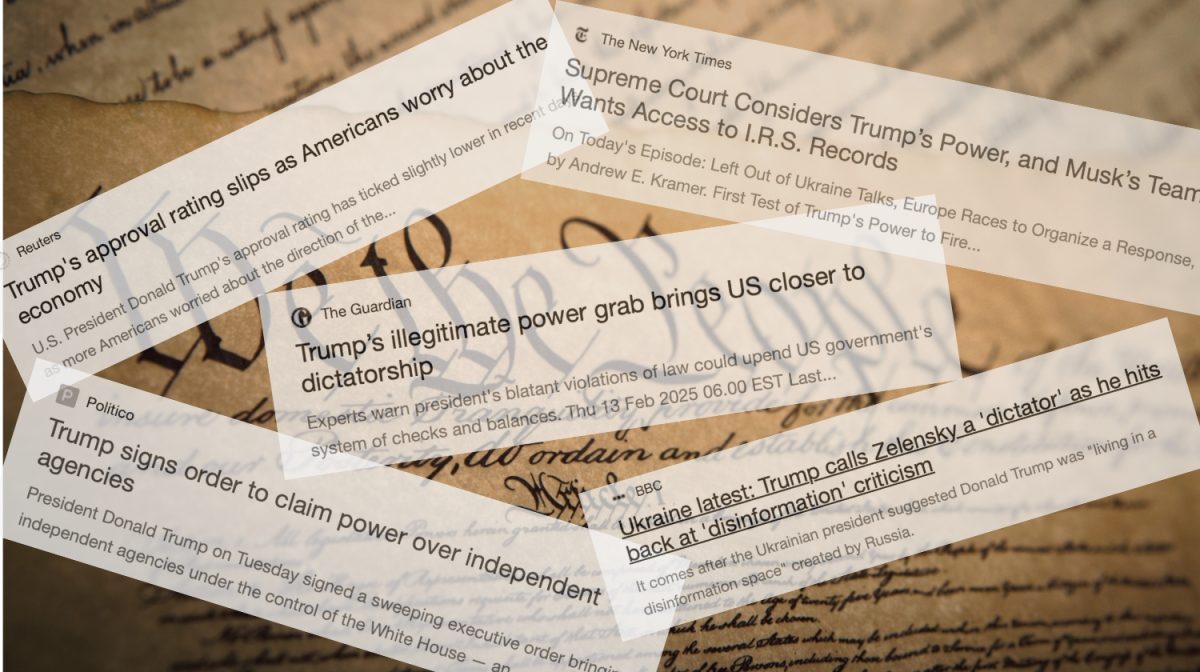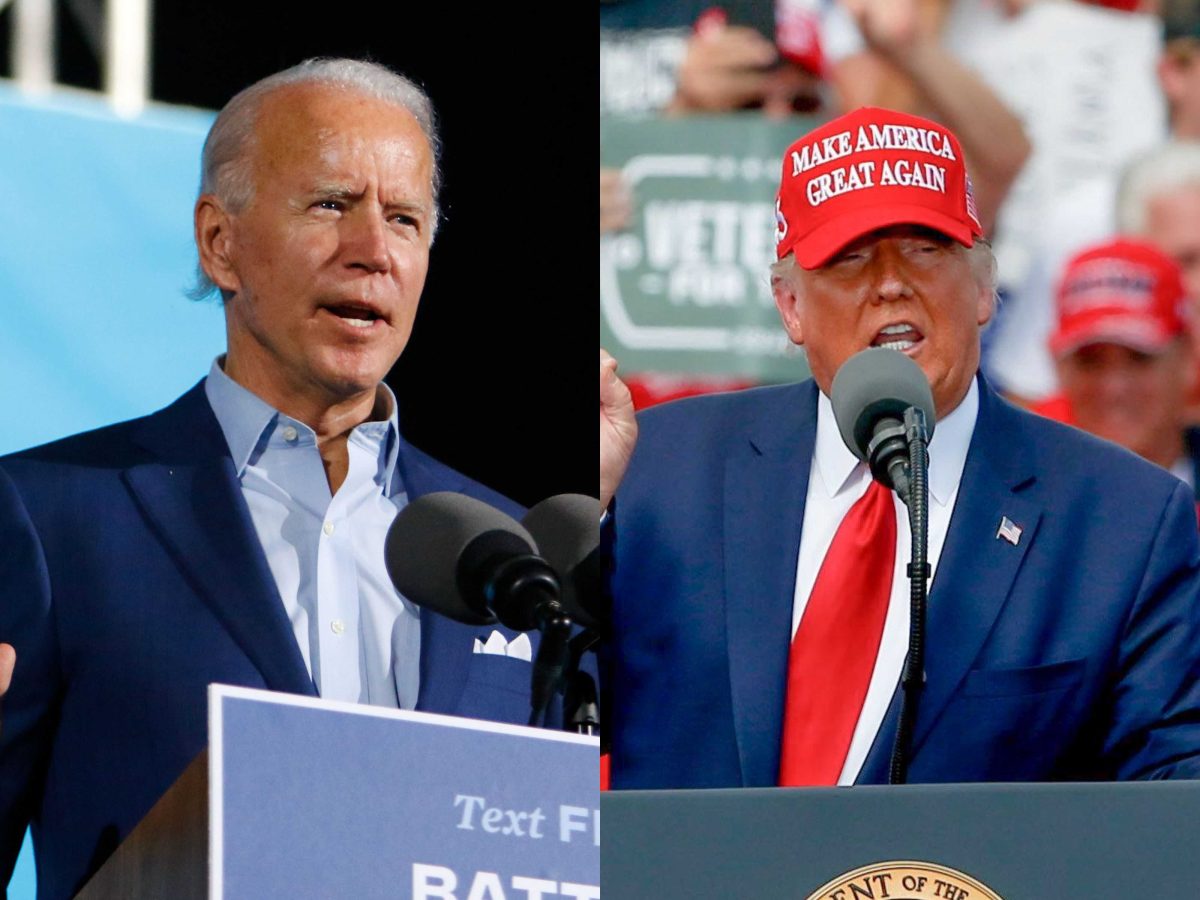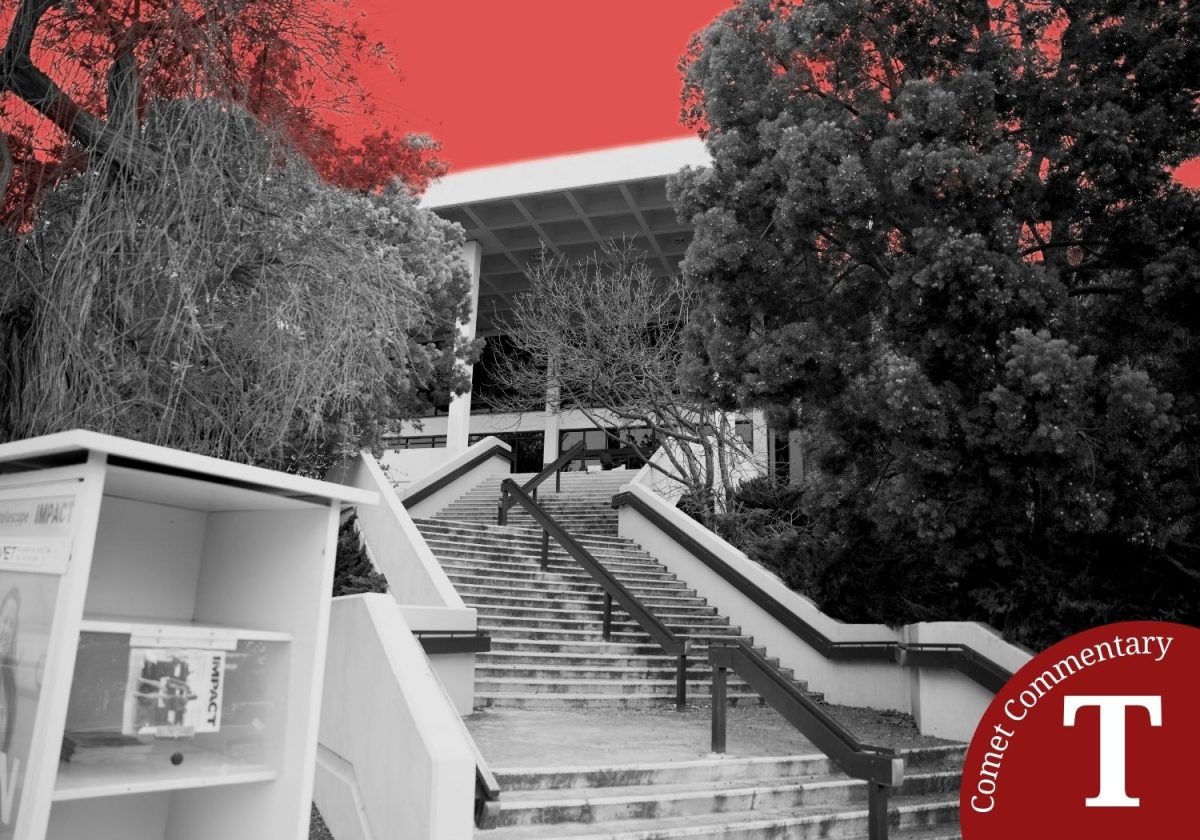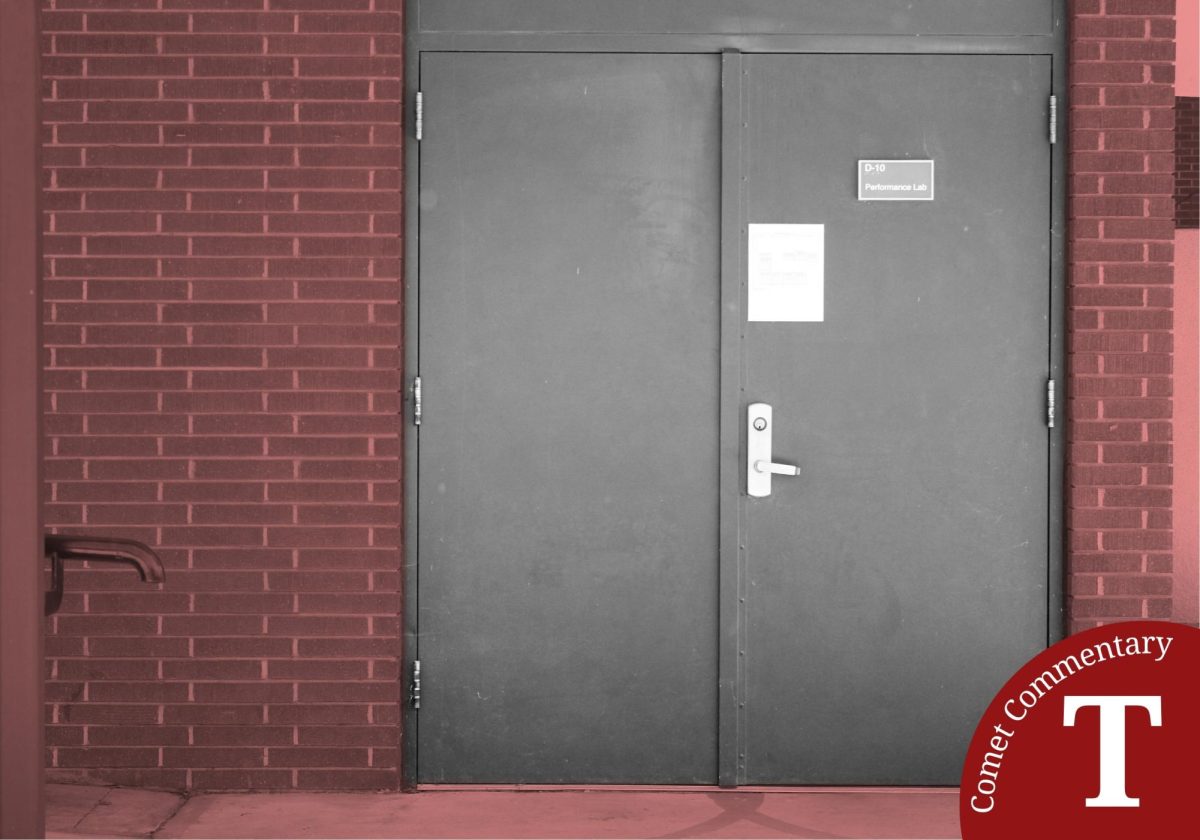American politics has changed.
It’s hard to see where the lines have been drawn, and whether the changes were gradual or sudden.
Instantaneous communication, social media and internet culture have all had a profound impact on how the political system works. Our newfound connectedness has allowed what was once a fringe group of frustrated voices to band together into a much larger chorus.
And it doesn’t help that our current presidential election is a complicated one.
This election cycle borders on political circus. We have establishment politicians, anti-establishment politicians, unrepentant socialists and business moguls all vying for that presidential nomination.
First-time Voters
It can be overwhelming, especially for first-time voters.
According to the United States Census Bureau, in 2014, over 23.5 percent of the population was under 18. Two years later, that’s a significant chunk of the population that is just now reaching voting age.
And Joseph Limer, a political science teacher at Palomar College, says that voting for the first time can be overwhelming, especially for a population that has been taught, from a young age, that American democracy is simple.
The reality, filled with primaries and caucuses, super delegates and the electoral college, is much more complicated.
“It’s almost like you’re a kid being taught baseball, and all of a sudden they take you to a football field and they say, ‘Okay, we’re going to play football.’”
Not only that, but reaching voting age at this time of political polarization, anti-establishment politics and the meme-ification of literally everything that presidential candidates say might have just been bad luck.
“The thing that worries me most about younger voters is whether this type of situation create more political alienation,” Limer said.
It’s been said that American politics are as polarized as they’ve ever been, with most Americans becoming increasingly resistant to compromise, according to a study by the Pew Research Center.
And this level of polarization has its downfalls. Our political system is one built on compromise. It’s not designed for the stalling and reactionary stonewalling politics of our current system.
Just look at the 113th Congress, a group with one of the highest disapproval ratings of any legislatures since 1974, according to Gallup.
In fact, the 113th Congress, which existed from 2013 to 2015, has been called one of the least productive congresses in the history of the U.S. legislature.
It seems that politics has devolved from effecting change to simply snarling someone else’s.
This is a downfall of our democracy, and one of the reasons why our current political system is so screwed up.
“I voted for Obama (in 2012), but this is different,” Palomar student Marcus Garcia, 25, said. “You didn’t have (anyone) like Donald Trump back then.”
Social Media’s Effects
But we now live in a culture that can turn a candidate’s words into a auto-tuned song in a matter of minutes. With this interconnectedness comes a level of power we have over the political system that no other generation had.
Unlike the traditional news media, where a story, even a breaking one, can take hours to days to publish, most content creators on social media have no journalistic red tape, and can publish content instantaneously, according to tech website Digital Trends.
The Internet has become a powerful tool for the citizenry to keep an eye on our politicians.
But does this connectedness, and the memes that are born out of it, have its demons as well?
According to tech website Digital Trends, today’s campaign managers are actually scrambling to figure out how to handle memes.
Memes are actually becoming content in TV ads and campaign slogans, according to Digital Trends.
But as anyone who has spent more than five minutes on the Internet knows, memes are a pretty shallow method of communication. They can be powerful, but succinct to a fault.
At its worst, this type of shallow, abbreviated communication can turn rather complex political ideas and concepts into simplified social media fodder.
“Actual debate requires thinking, requires analysis, requires a long conversation about the topics,” Limer said.
But he added that “people do not want long explanations. People want sound bites, people want something that can be said or stated within seconds.”
Browsing social media and seeing the onslaught of random hate memes directed at one candidate or another is no way to inform yourself about a presidential campaign.
And personally, it’s worrying to know that many millennials are doing just that.
A well-informed population is the cornerstone of a functioning democracy. And misinformation can spread quickly over social media.
Limer defended social media’s merits, however, saying that its ability to foster healthy debate is one positive aspect, but that having a voice and not seeing results may frustrate some.
“Everyone feels closer in terms of using social media, in terms of having a voice on something … but if they’re not seeing the results of that, then how are they going to react, what are they going to do next,” he said.
Bucking the establishment
But whether or not social media is there is a glimmer of hope for America and its politics.
##Anti-Establishment
It’s apparent that one of the biggest differences between the 2016 election and the last few is the spawn and success of anti-establishment candidates.
Anti-establishment politics is a fairly new buzzword for a concept that reached critical mass several years back, with the inception of the Tea Party sect of the Republican Party and the Occupy Wall Street movement.
These days, these once fringe groups of voters have actual candidates running on either ticket.
“Because of this groundswell that is anti-establishment, candidates are now sort of running on an anti-establishment ticket … so that’s creating a different kind of environment,” Limer said.
Limer added that in previous elections, there were sparse and separate pockets of people who were suspicious of the government. This election, and its big frontrunners, has ignited a movement that brings these pockets of people out of the shadows and into the public light.
“I think a lot of it has to do with how the public sees government … sooner or later, it was going to happen,” Limer said.
The fact that anti-establishment politicians — like Donald Trump or Bernie Sanders — can even be taken seriously is indicative of the frustration we have over our political system.
Americans are tired of old politics. We’re tired of people saying they’ll do this, pass this law, or repeal that one.
Whether it’s watching Bernie Sanders demand income equality, or hearing Donald Trump making a rousing speech about making America “great again,” our polarized politics have reached a tipping point. Our political environment has tied itself into a loop that’s about to snap.
But Limer cautioned that these anti-establishment movements were not without fault.
“The biggest problem that I see with that is that it no longer becomes about who is the most presidential … but who will capture (people’s) emotion or frustration,” he said.
Limer is right. But this election is a tipping point, and unless they veer toward the middle in the general election, it’s not too much of a stretch that an anti-establishment politician being in the White House come 2017 will cause a definite stir.
No matter who wins the election come November, it’s hard to deny that this presidential campaign is a conduit for change.
For better or for worse, and no matter which side of the political spectrum you fall on, we are watching the direct result of our anger and hopelessness. We’re watching it evolve, change and debate itself every time we turn on CNN, Fox or MSNBC.
Like Obama when he became the first black president, whoever wins in November will become the first something.
What that may be is largely up to us.













